Audio episodes
22 results
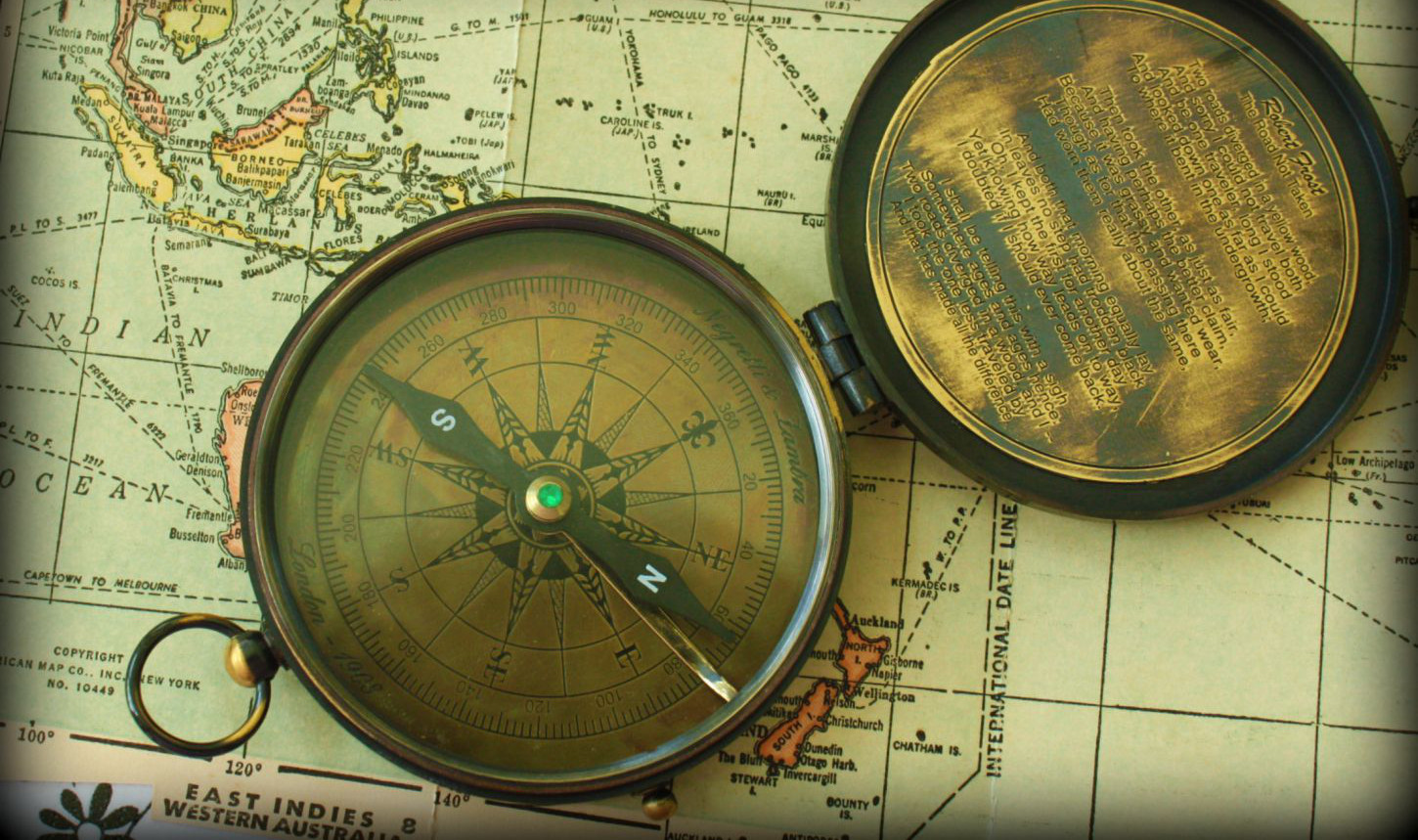
Understanding the most complex organ in the human body is no easy task. But certain techniques are uncovering more and more about the structure and makeup of the human brain — by mapping it. Gaelle Coullon tells us more.
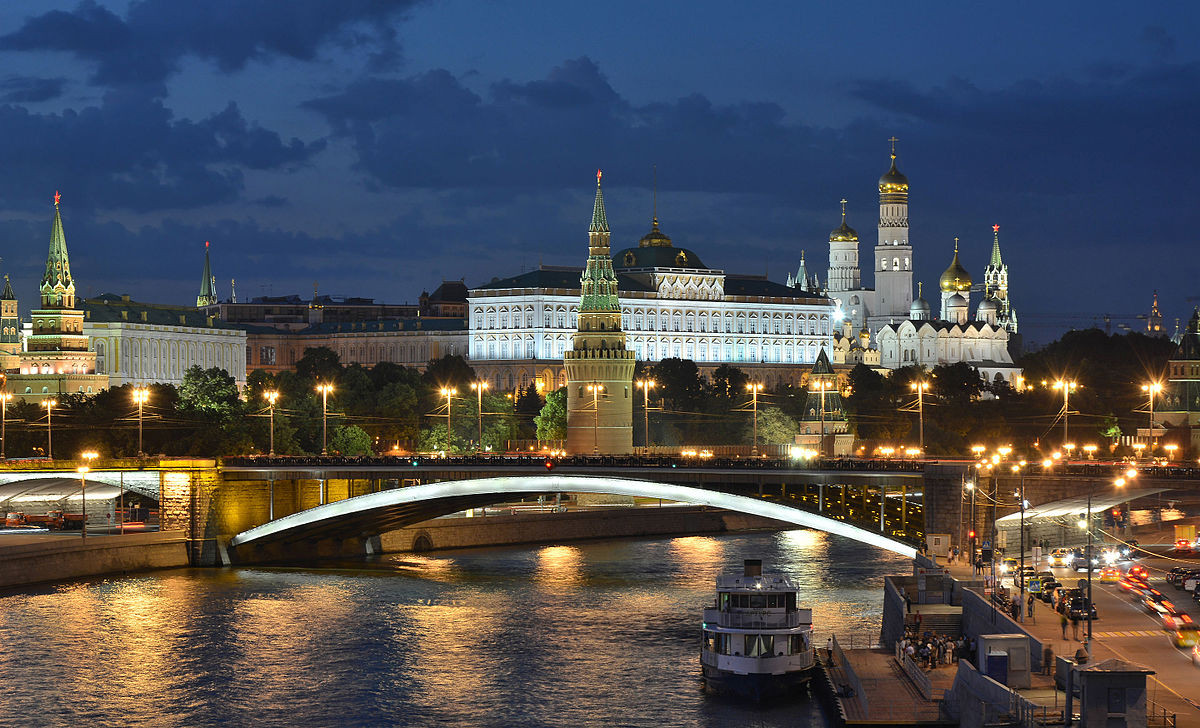
In 2014, the head of Russia’s biggest international news agency reminded the world that Russia is the only country capable of ‘turning the USA into radioactive dust’. Do Russian elites share similarly hostile attitudes towards Western countries? Sociologist Elisabeth Schimpfossl ...

Dust in the air is nothing new. But for the Amazon rainforest, dust from the Sahara is crucial for its survival. How does this happen though? Ian Ashpole explains the phenomenon.

Could there be a theory that describes all of the fundamental laws of nature, a Theory of Everything? Einstein thought so but he never managed to prove it. Mathematical physicist Yang-Hui He guides us through the quest to fulfil Einstein’s ...
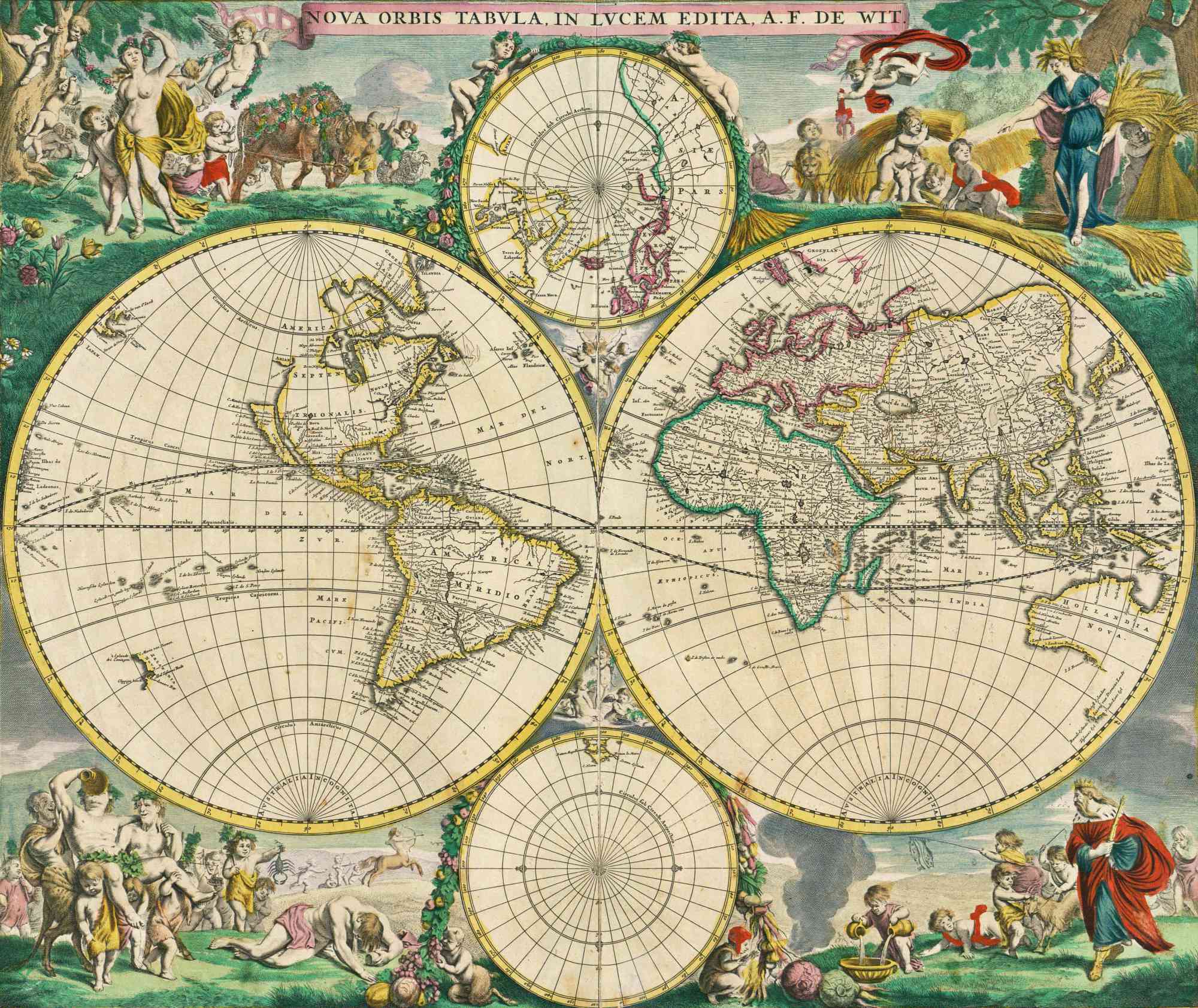
The general public has been debating immigration with seemingly modern notions of economics, identity and conflict, but is this debate really so modern? Surely our forbears have little to add to the discussion in our globalised world? Alexander Samson doesn’t ...

The extraordinary complexity of life has puzzled scientists for a long time. But underneath the apparent randomness of life lies a deeply rooted order at the quantum scale. Geneticist Johnjoe McFadden takes us to the world where biology meets quantum ...
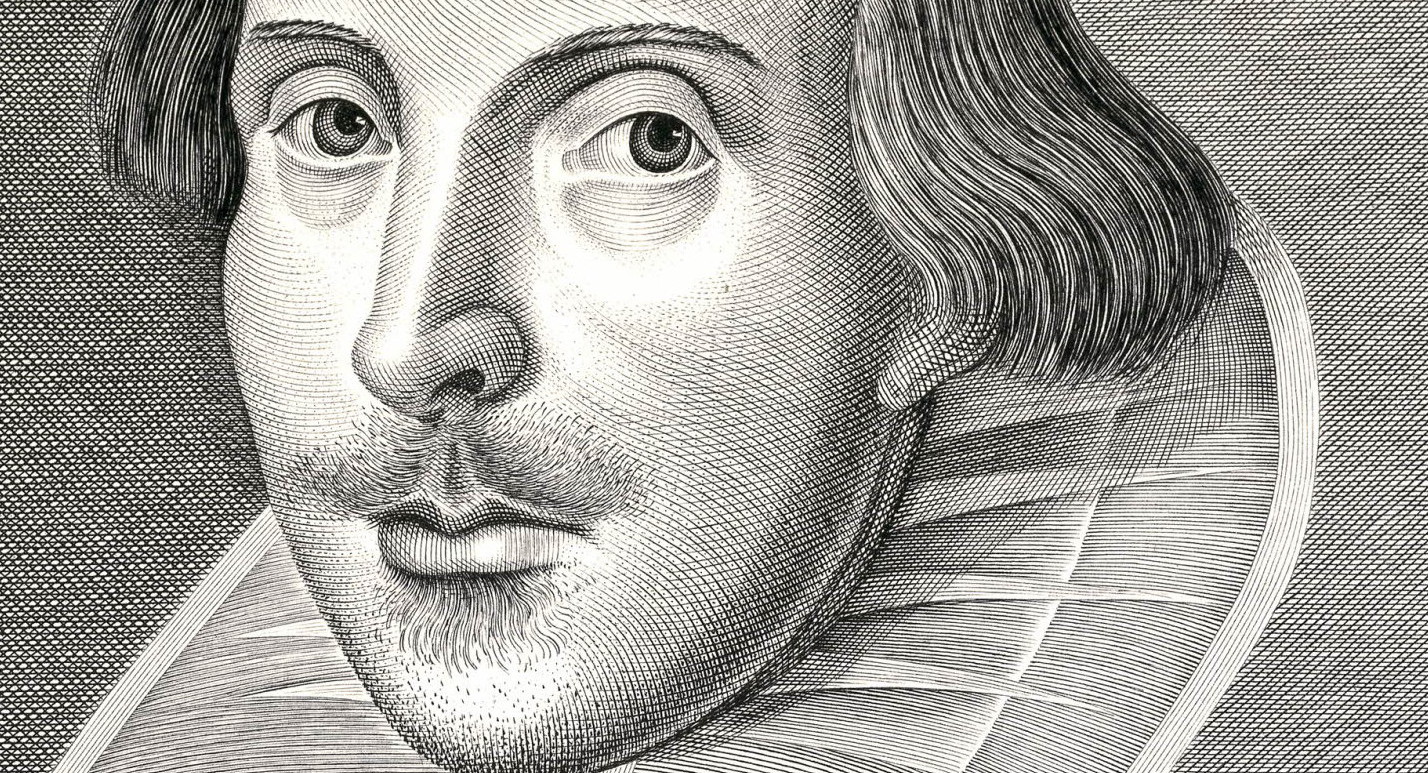
Is William Shakespeare of Stratford-upon-Avon the real author of the Shakespearean plays? The so-called anti-Stratfordians think not. The Shakespeare scholar René Weis disagrees and presents three pieces of evidence against conspiracy theories.
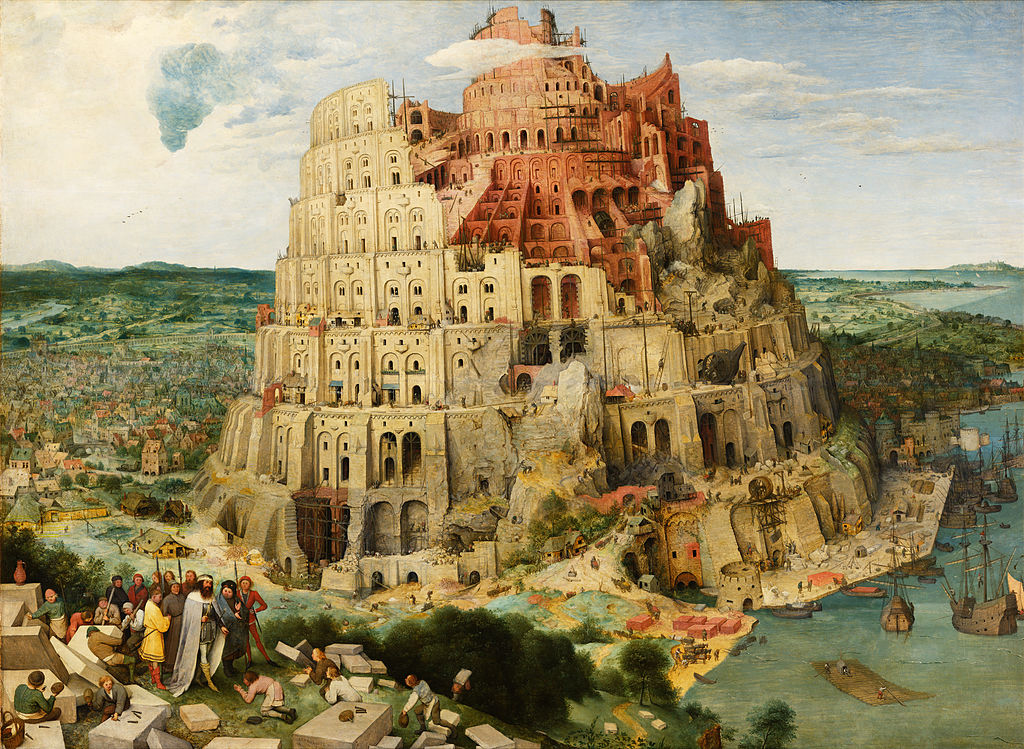
It has been suggested that all of the world’s languages, from English and Italian to Mandarin and Hindi, share the same basic principles. But do they really? The linguist Vieri Samek-Lodovici explores the possibility.